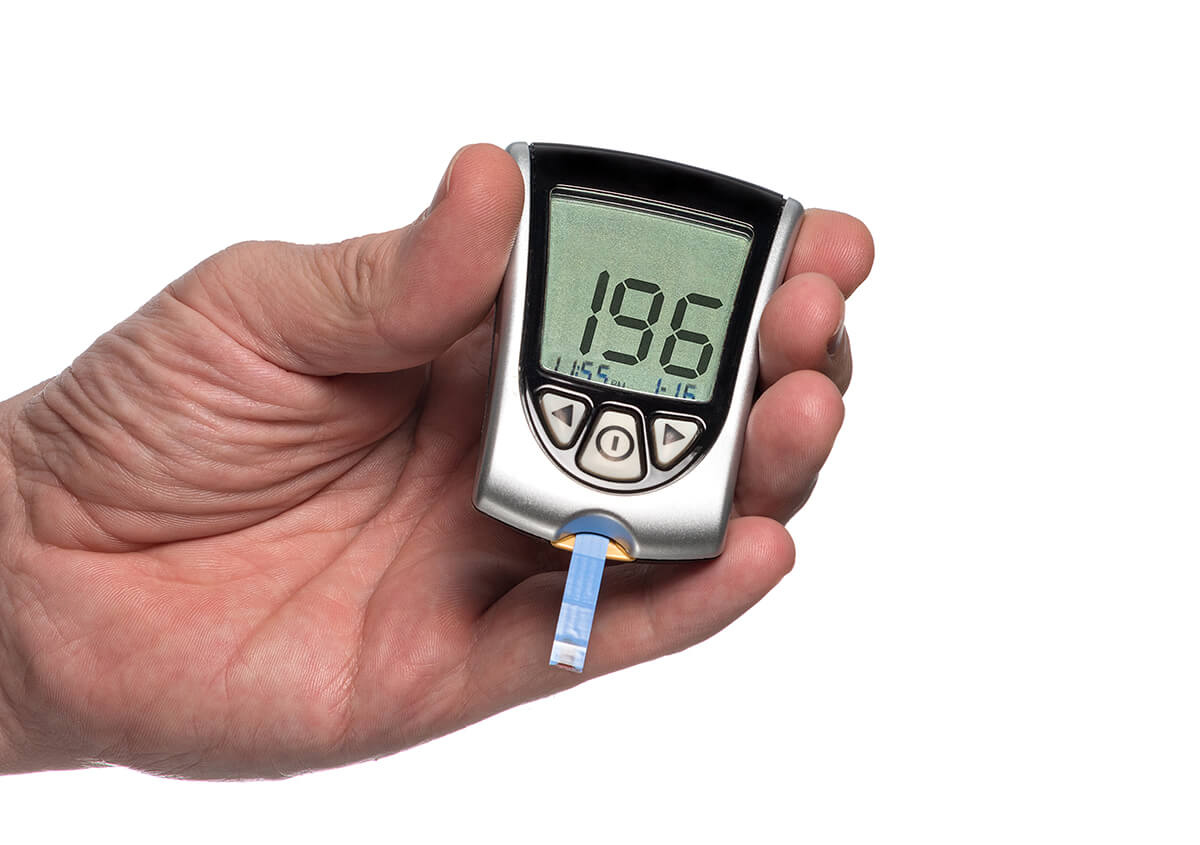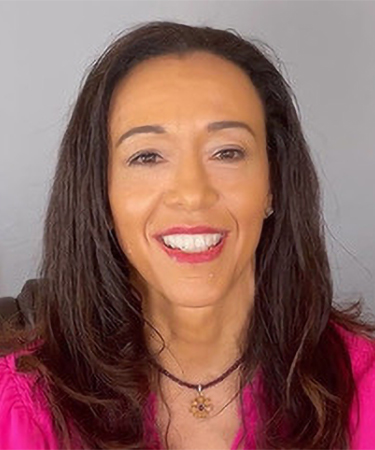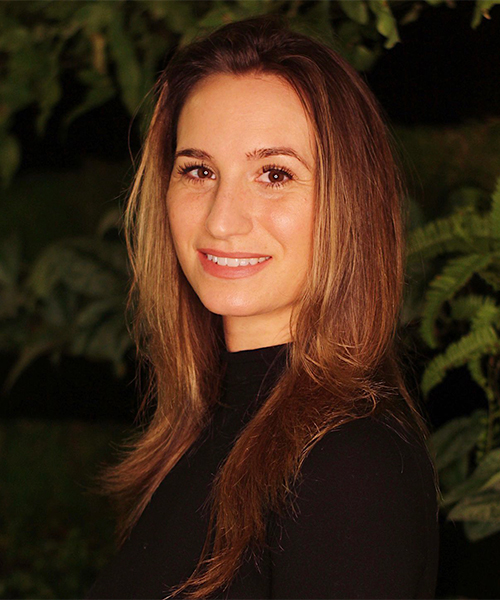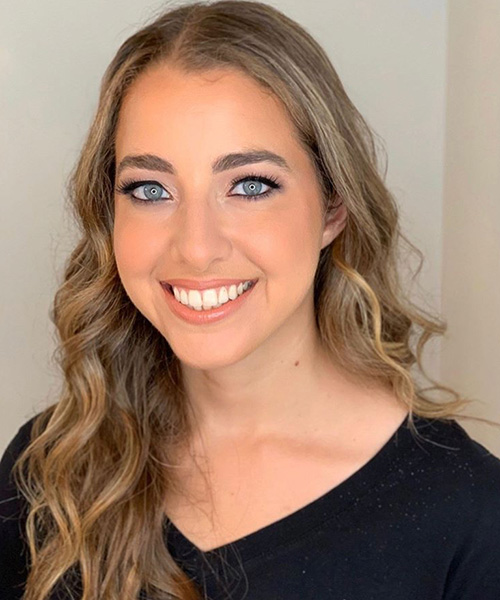

26
Feb
Why is it important to keep blood sugar levels balanced?

Whether or not you have been diagnosed with diabetes, balancing your blood sugar is crucial. Blood sugar levels tend to both rise and fall throughout the day after every meal or snack we eat. Blood sugar refers to the simple sugars that the body absorbs from breaking down carbohydrates and other energy sources. The goal is to keep our blood sugar from spiking too high or dipping too low, both of which cause unwanted symptoms.
You can learn more about how to balance your blood sugar from Ruthie Mosseri, RD, our registered dietitian at New York Center for Integrative Health.
Let’s look closer at the importance of balancing blood sugars in the body.
What are some signs of high or low blood sugar?
Very high or low blood sugar spikes/dips can cause headaches, blurry vision, brain fog, inability to focus, increased hunger, nausea, energy crashes after meals, carb cravings, anxiety, dizziness, mood changes like irritability and nervousness, sweating, and more.
Here are some tips to keep your blood sugar balanced throughout the day and avoid blood sugar spikes:
- Start the day right. Try to have breakfast within 30-60 minutes of waking and include 20-30 grams of protein. This will help balance blood sugar after “fasting” all night and prevent cravings/snacking later in the day. Ruthie can talk to you about the best breakfast items to keep blood sugar levels in check!
- Have coffee/caffeine after food. Caffeine on an empty stomach can increase cortisol (stress hormone) and spike blood sugar. It is best to drink caffeine after a meal, but caffeine with food is still better than on an empty stomach!
- Avoid skipping meals. Going long periods (5+ hours) without eating drops your blood sugar too low, setting you up for a sharp increase when you eat your next snack/meal. It is best to keep snacks on hand to eat between meals if needed.
- Pair carbs with protein, fat, or fiber. Pair carbs with protein, fat, or fiber in any snack or meal to slow the digestion and absorption of the carbs.
- Stay hydrated. Drinking enough water helps the body flush out excess sugar and helps with cravings.
- Get adequate sleep. Poor sleep habits can increase blood sugar and cortisol (stress hormone). You may also notice more sugar cravings when you are tired. We recommend anywhere between seven to nine hours of high-quality sleep each night. If you constantly wake up in the middle of the night this is something we can address!
Request an Appointment
Our team can evaluate your diet and offer recommendations on how to better balance your plate to support blood sugar.
How do I learn more about balancing blood sugar levels?
Ruthie Mosseri is a registered dietitian at the New York Center for Integrative Health and is here to help patients in and around Manhattan, NY, with their health and wellness needs through nutrition education and support. Call (917) 477-3538 to request an appointment at the office located at 345 7th Avenue, Suite #1601.
Dr. Robert Kachko, Founder and Director of the NY Center for Integrative Health, is a pioneer in Naturopathic and Integrative Medicine and has developed an extensive bio-psychosocial methodology for people living with chronic diseases. As Immediate Past President of the American Association of Naturopathic Physicians, Dr. Kachko advocates for healthcare reform to allow everyone accesses to the kind of care our clinic provides.
Meet Our Team of Experts
Share this Article
Success Stories
Find out why people love our functional medicine clinic in New York, NY







